In 2019, Ben Richards, a scapegoat to a corrupt authority, fights for his life as part of the ultimate game show, The Running Man.
Based on the Richard Bachman novel (a pseudonym of Stephen King), Arnold Schwarzenegger was riding the crest of a wave of popularity and cuts a striking, if awkward, figure as Ben Richards, the military man who finds himself trying to overthrow a media obsessed dictatorship, whilst battling to survive The Running Man game show.
Imagine Gladiators (the TV show), except with criminals battling the stars of the show with the offer of freedom for the winner and you’ve got the concept of The Running Man. Of course, the criminals don’t get released, but for a public who cheer the state mandated “good guys” and jeer the villains, it doesn’t matter – they’re feeding their blood lust, quest for entertainment and making money from the bets, so it’s all good for Joe Public.
Backstage, of course, there’s political machinations. Freedom of expression appears to have become a crime, as does fraternisation with too many partners (one of Amber’s made up crimes involves three men… in a year). It all started in 2017, with the collapse of the world’s economies leading to the US becoming a police state. To maintain control, the US government pacified the populace with the opium of the masses, television – The Running Man being a prime example of this media mind control.
Thirty years after its release, the satirical undertones still cut deep, whilst the action set pieces may seem a bit tame by modern standards. Schwarzenegger plays his role with the two-dimensional aplomb with which he approached many of his star turns. It doesn’t matter, though, as it’s a showcase for a man of action and few words.
Steven Edward de Souza’s script is entertaining and the supporting cast mostly help carry the film to its satisfying conclusion.
Well worth watching, and one that you might not want to take too seriously.


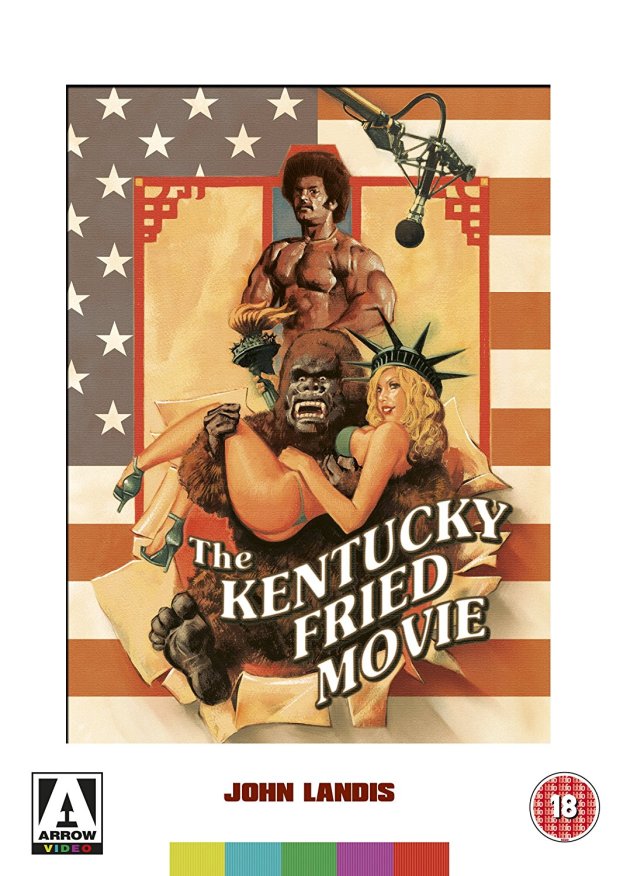
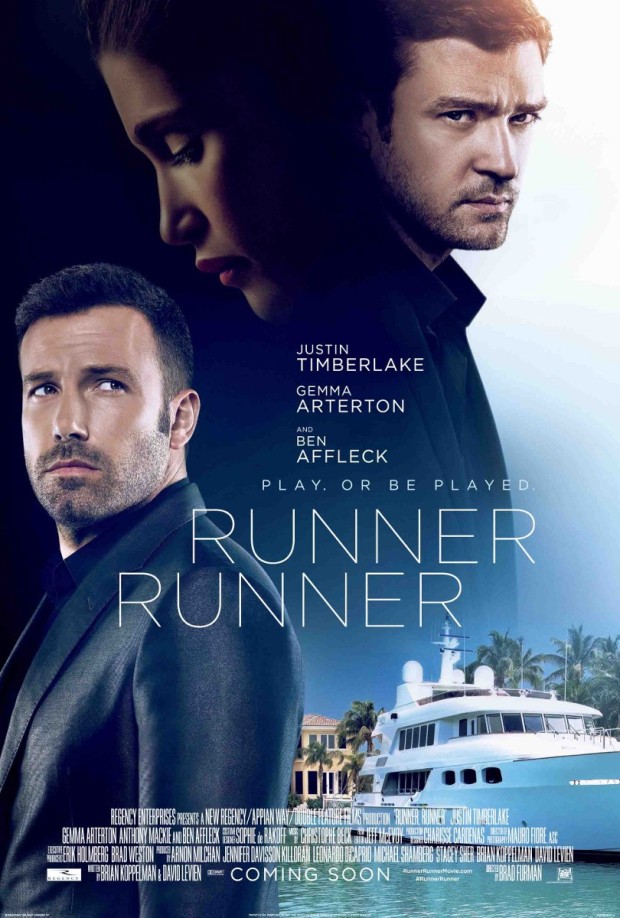
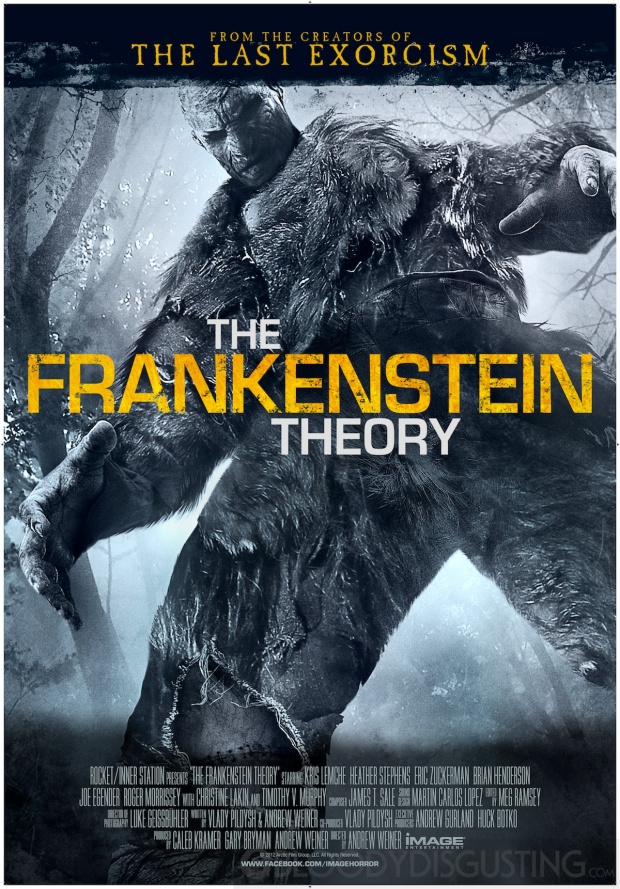
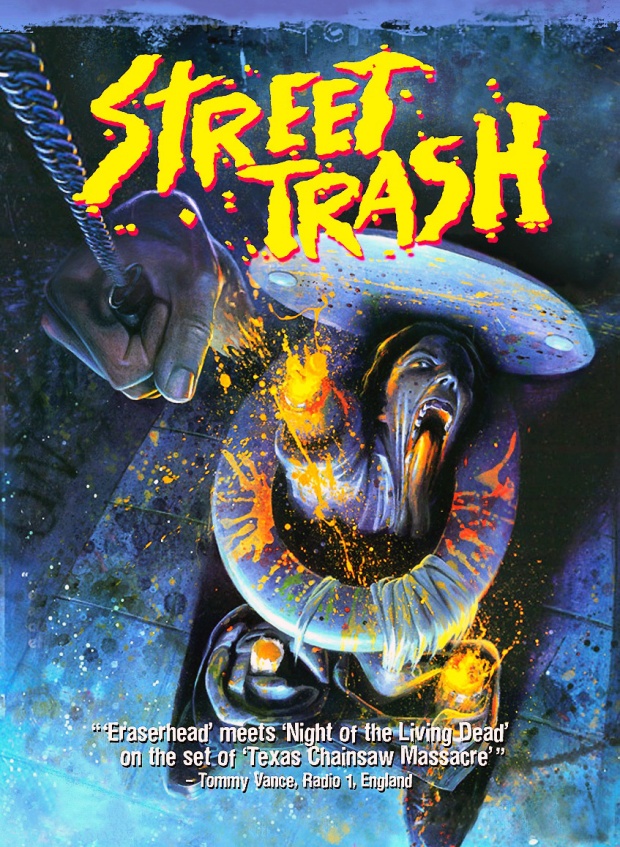

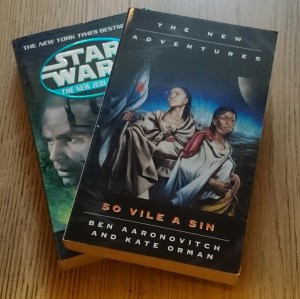 Which brings me to today – I probably have five hundred books left. Mostly Doctor Who, books on film, reference works (typically pop culture and film related, it seems) and a growing collection of Star Wars novels.
Which brings me to today – I probably have five hundred books left. Mostly Doctor Who, books on film, reference works (typically pop culture and film related, it seems) and a growing collection of Star Wars novels.
 Daft things like the plastic lid stays up of its own accord, so I’m no longer juggling a disc, a lid and Lord know else just to protect my inexpensive, but still cherished (mostly) vinyl. The needle lowers slowly on the vinyl, thanks to a little lever. It’s like magic.
Daft things like the plastic lid stays up of its own accord, so I’m no longer juggling a disc, a lid and Lord know else just to protect my inexpensive, but still cherished (mostly) vinyl. The needle lowers slowly on the vinyl, thanks to a little lever. It’s like magic. Amongst the purchases have been The Best of David Bowie (covering 1969 to 1979), Michael Jackson’s Thriller and Elton John’s Goodbye Yellow Brick Road. Sure, none of them are pristine, but the most expensive (Bowie) was a fiver and the three came to £7.50. Can’t argue with that.
Amongst the purchases have been The Best of David Bowie (covering 1969 to 1979), Michael Jackson’s Thriller and Elton John’s Goodbye Yellow Brick Road. Sure, none of them are pristine, but the most expensive (Bowie) was a fiver and the three came to £7.50. Can’t argue with that.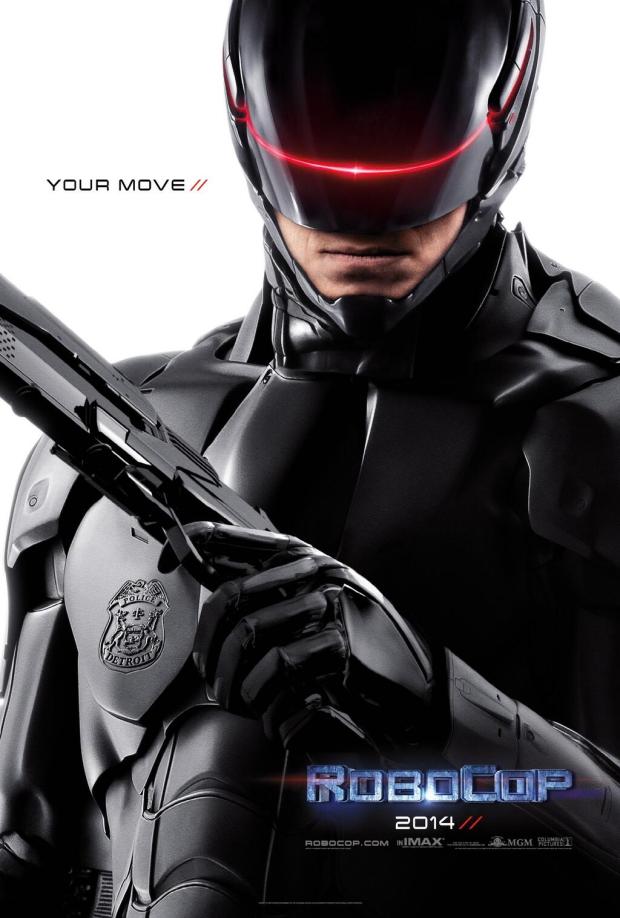
You must be logged in to post a comment.